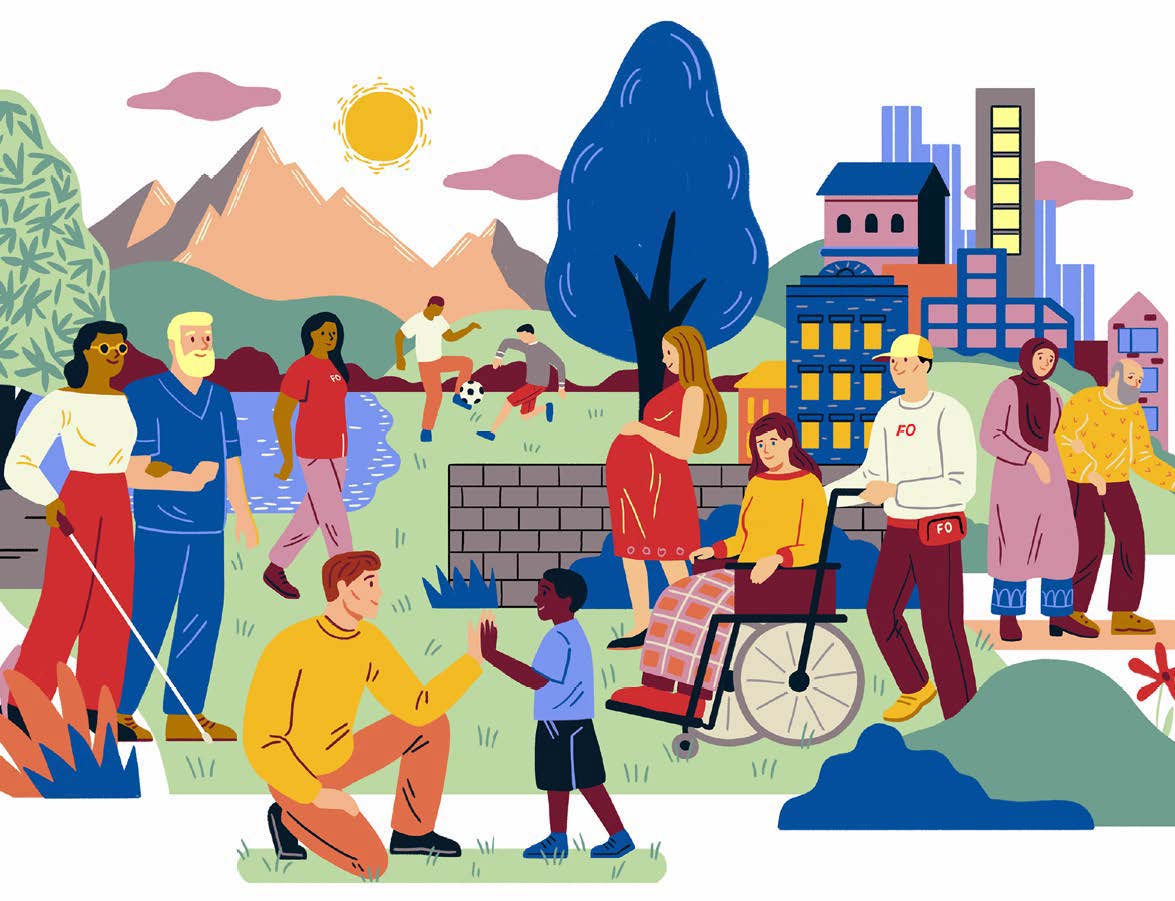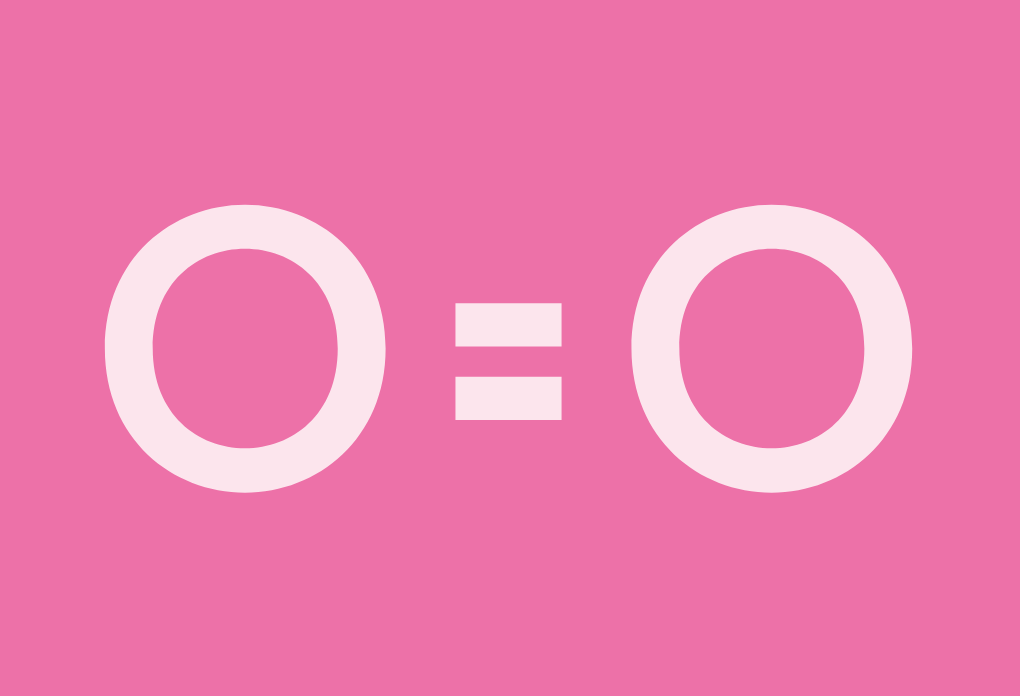Professional ethics revolves around the norms and values encountered by professionals and how they reflect upon and justify their choices of action. Professional ethics for health and social workers aims to provide a foundation for responsible action and reasoned value choices in professional practice.
The practice of child welfare educators, social workers, care workers and welfare officers is based on humanistic and democratic values. Professionals are to assist those in need, ensuring dignified living conditions and quality of life. Solidarity with vulnerable groups, combating poverty, and working for social justice and change are central to the activities of professional groups. Professionals base their work on individuals’ values, knowledge, and resources, ensuring that interventions and services empower individuals to have control over their lives, conditions and choices.
People in need of assistance may feel dependent on others’ help, and professionals may find themselves intervening in individuals’ lives against their will. Due to their professional competence and status, child welfare educators, social workers, care workers, and welfare officers have the power to help, but assistance can also be perceived as intrusive by those in need.
Professional challenges are difficult to separate from ethical challenges in this field. As all professional knowledge is built on a particular understanding of reality and a specific view of humanity, knowledge is not value-neutral. Professionals must critically examine their own professional knowledge and how it is developed and applied. Child welfare educators, social workers, care workers, and welfare officers are responsible for staying professionally updated, ensuring that the services they provide are professionally sound and comply with current regulations.
Health and social work require both theoretical and practical knowledge, the ability for ethical reflection, and respect for individuals’ values and life choices. The societal mission of our professions obligates us to influence the framework conditions for our work, and report measures and services that have adverse consequences for groups or individuals. This requires professional ethics that contribute to ethical reflection, a critical view of one’s and others’ professional work, and favourable conditions for collaboration.
The present document of professional ethics outlines mandatary shared values for the professions and discusses challenges and problematic areas for ethical action.

